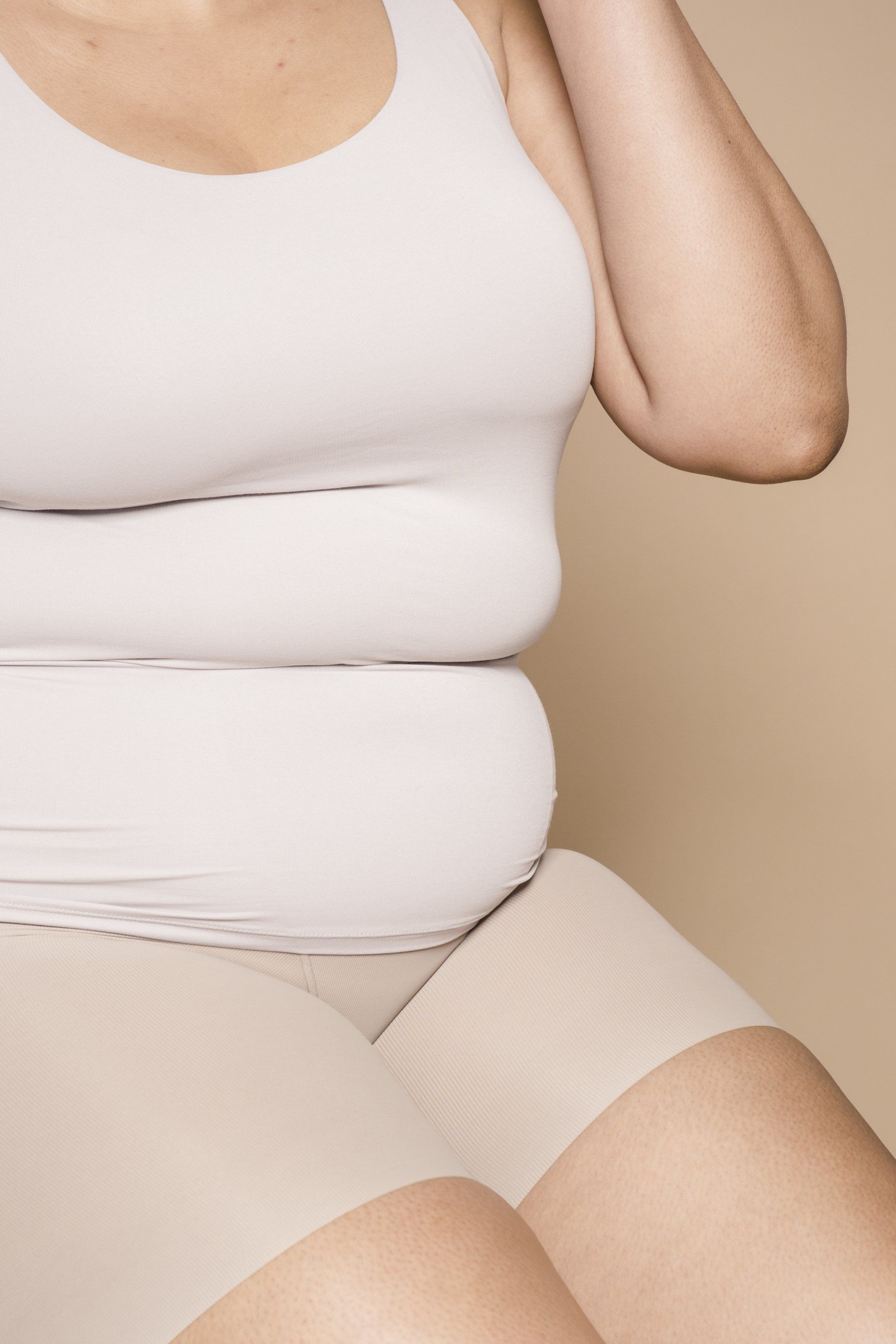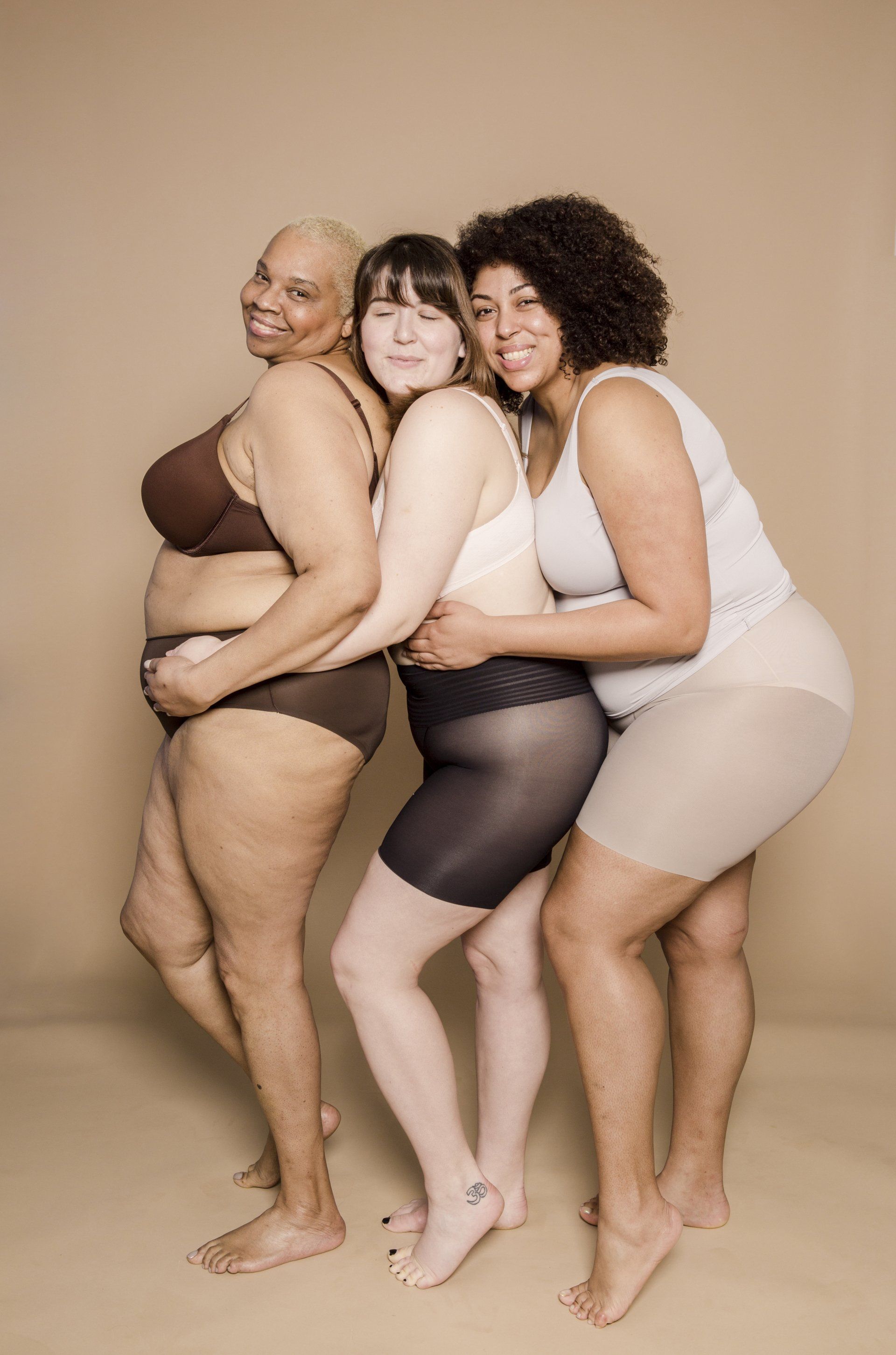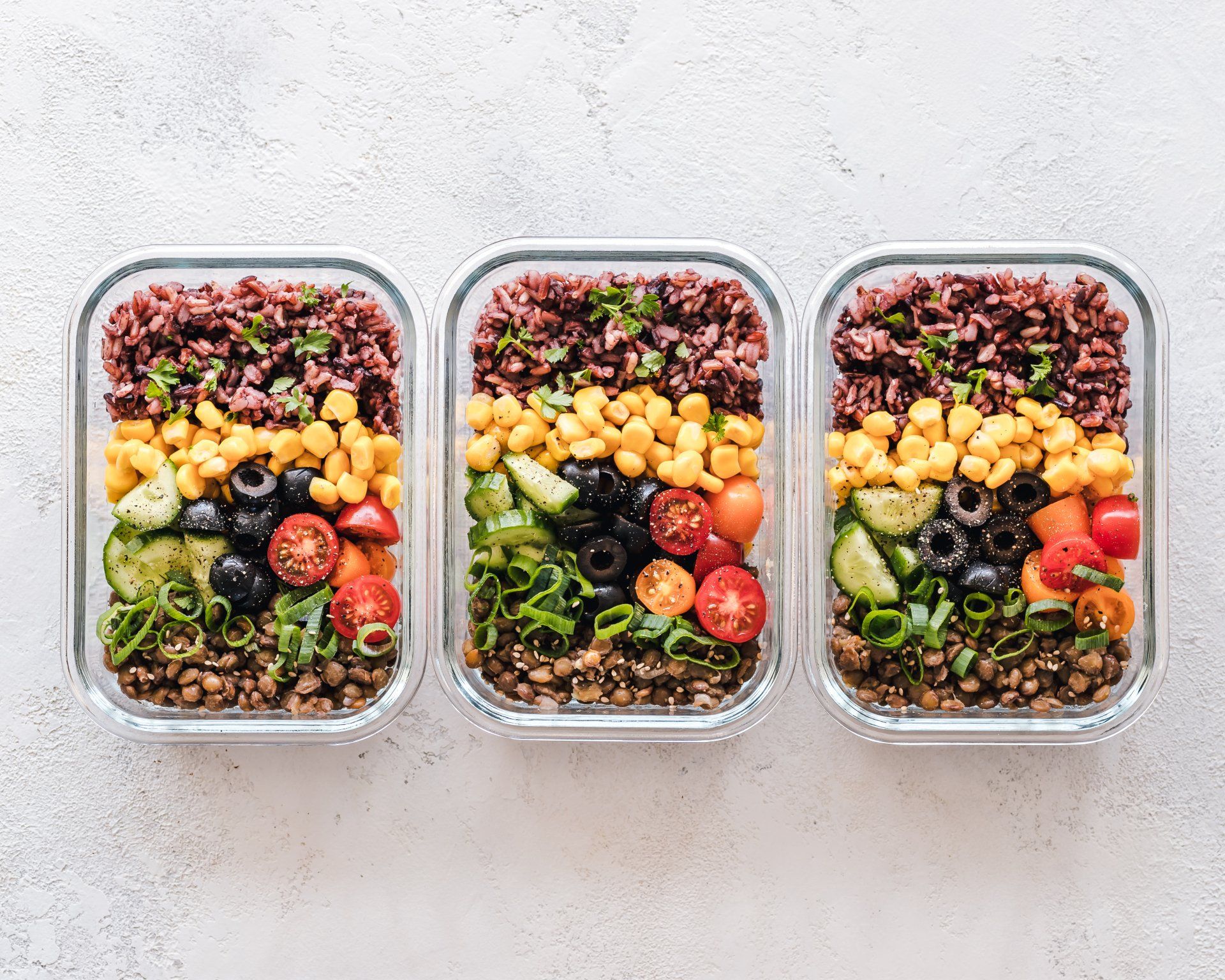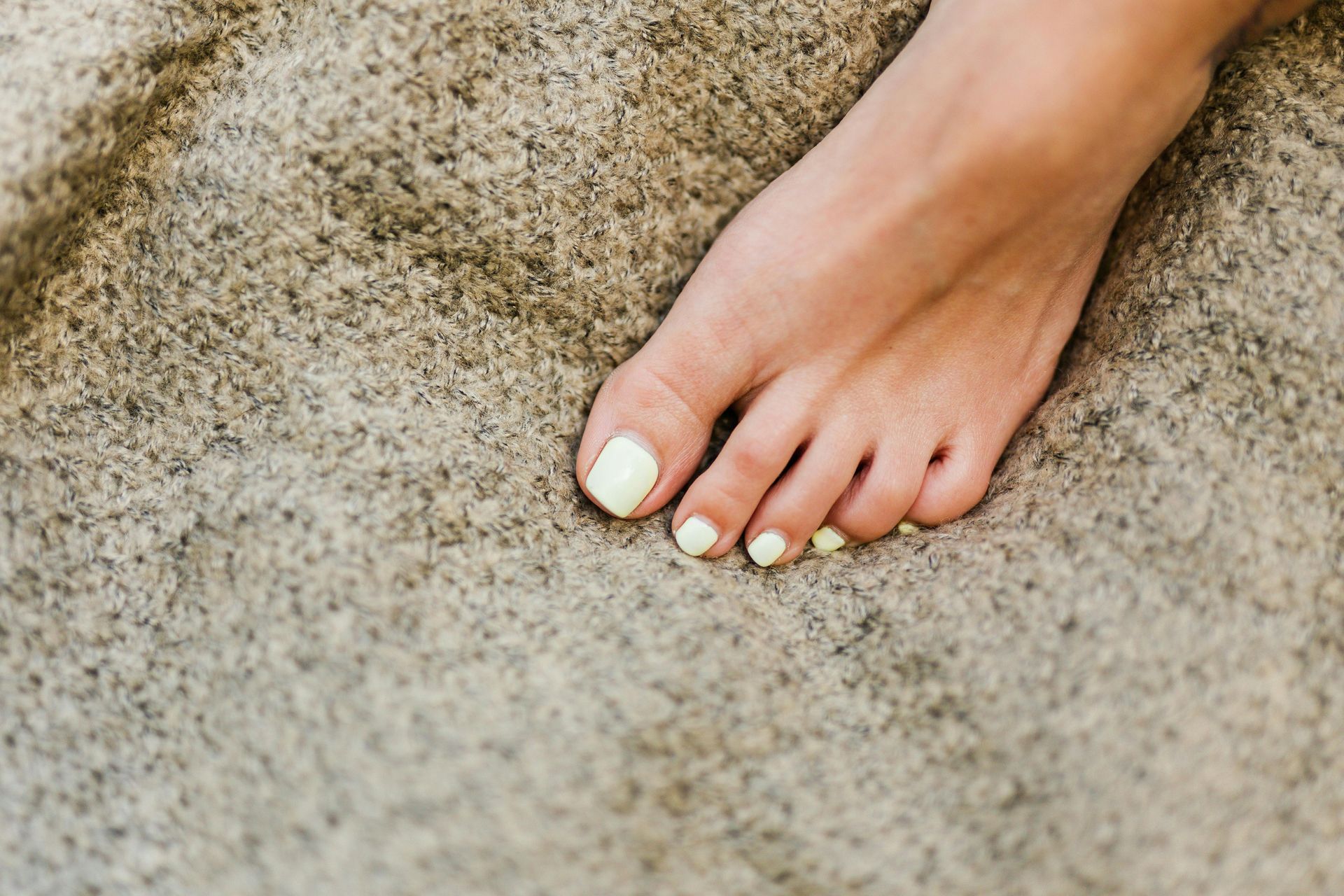According to the WHO, obesity is defined as abnormal or excessive fat accumulation that presents a risk to health.
Obesity UK highlights that it’s a complex health condition, with over 100 different factors that can contribute to weight gain and obesity. While many of us believe obesity is caused by factors entirely within our own control, this isn’t necessarily the case. Many of the factors are either partially, or completely, outside of our control.
Unfortunately, there are lots of risks to being obese.
These include many chronic and life-threatening conditions from high blood pressure and high levels of cholesterol; to Type 2 diabetes; excess fat on organs like the liver and heart; coronary heart disease and stroke; and some types of cancer such as breast cancer and bowel cancer.
As if that wasn’t enough joy it can also affect your overall quality of life by causing other problems like difficulty doing physical activity; and joint or back pain. It can also lead to depression and low self-esteem.
Jeez, I’m a bundle of laughs today, hey?!














